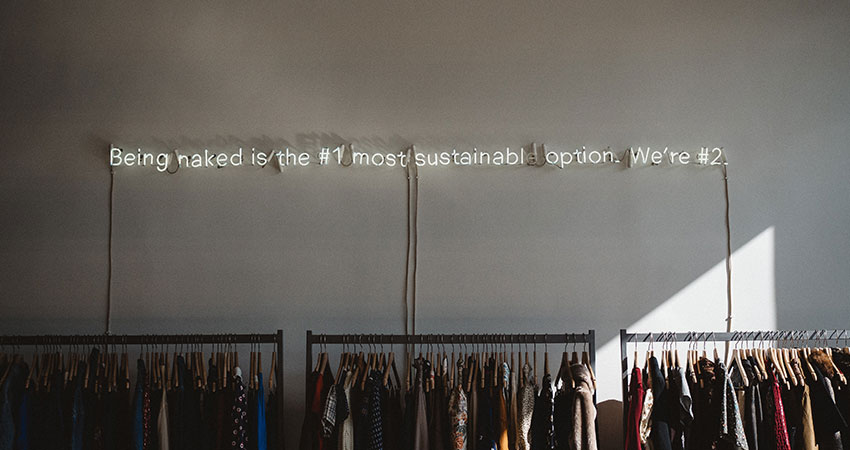Underscoring the growing importance of sustainability and an environmental focus among values-conscious consumers when choosing brands, a new survey of shoppers in the U.S., the UK, Germany and France showed just how much these issues matter during the purchase decision process.
When asked what they “must know,” or what they researched before making a purchase, information on product and package recycling stood out from the other choices. This was most important to German consumers, cited by 53% of respondents there, followed by France (44%), the U.S. (33%) and the UK (31%).
The survey of nearly 5,000 consumers was conducted the week of Nov. 12, 2021 on behalf of Salsify.
Many enterprise companies have responded to this trend, announcing zero-carbon-emission dates over the next 20-30 years. A growing number of retailers and brands including Nike, Best Buy and lululemon list sustainability policies and ethical sourcing prominently on their ecommerce sites.
“As economies reopened, the omnichannel experience has evolved,” said Vijayanta Gupta, SVP of Growth Strategy for Salsify. “It’s no longer purchasing in store or online. Shoppers have blended the experience to create a journey that personally suits them.”
In all of the countries surveyed by Salsify except France, the pre-purchase information cited most often by consumers after product and package recycling, was where ingredients or materials were sourced from. This is a key ethical factor as sweatshops in China and elsewhere become exposed. In France, third-party sustainability certifications was the No. 2 consideration.
France also stood out in another important aspect. Surprisingly, given all the attention paid to the digital shift in the two years since the pandemic ensued, more French consumers said their shopping habits remain unchanged (42%) than those who said they shop online more often than before (34%). This was in marked contrast to the other countries, although the gap between “I shop the same” (39%) and “I shop more online” (46%) was less pronounced in Germany.
In terms of where U.S. shoppers look to get information before making a purchase, 59% said they compare prices across retail sites, followed by checking for digital coupon codes (54%), user reviews (43%) and showrooming, or looking up product information in store (37%).
Price comparison was also the number-one pre-purchase tactic among consumers in France (cited by 65% of respondents), the UK (63%) and Germany (61%). In all four countries surveyed, using digital shelf information to understand prices and sales was the least popular option, noted by 11% of U.S. consumers, 8% in France and Germany and 7% in the UK.
Some other key findings from the survey:
- 40% of U.S. consumers said they were impacted by supply chain shortages at the end of 2021, compared with only 19% in France, 28% in the UK and 29% in Germany.
- In each country, a majority of consumers said they choose private label products based on price. But more than a third in the U.S. (37%) said “liking the retailer or brand” was an important consideration, much higher than in the UK (8%), Germany (13%) and France (14%).
- The French are most likely to buy directly on a brand site, with 26% saying that’s how they plan to shop in 2022, compared with 19% in the UK, 15% in Germany and 13% in the U.S.

